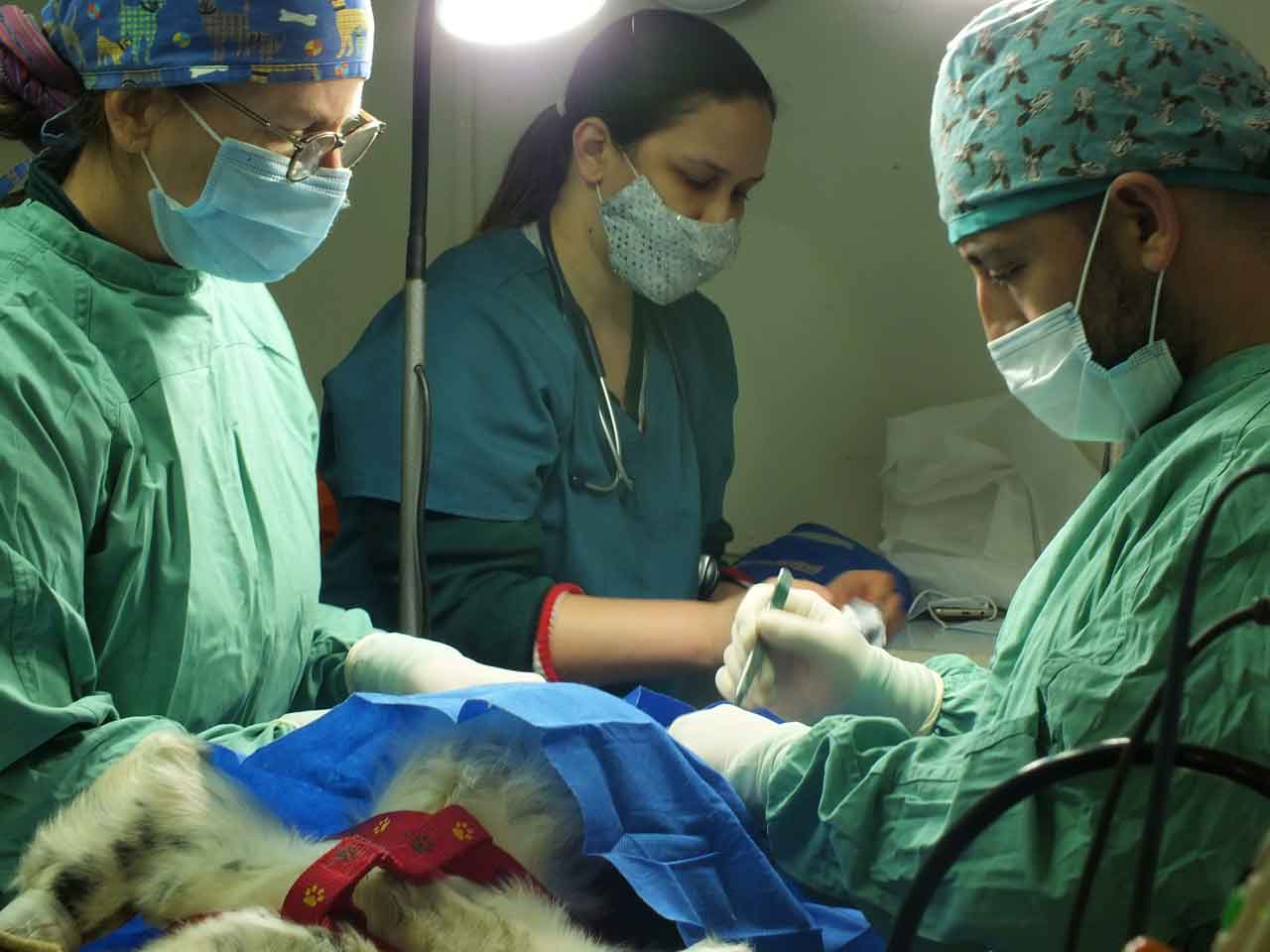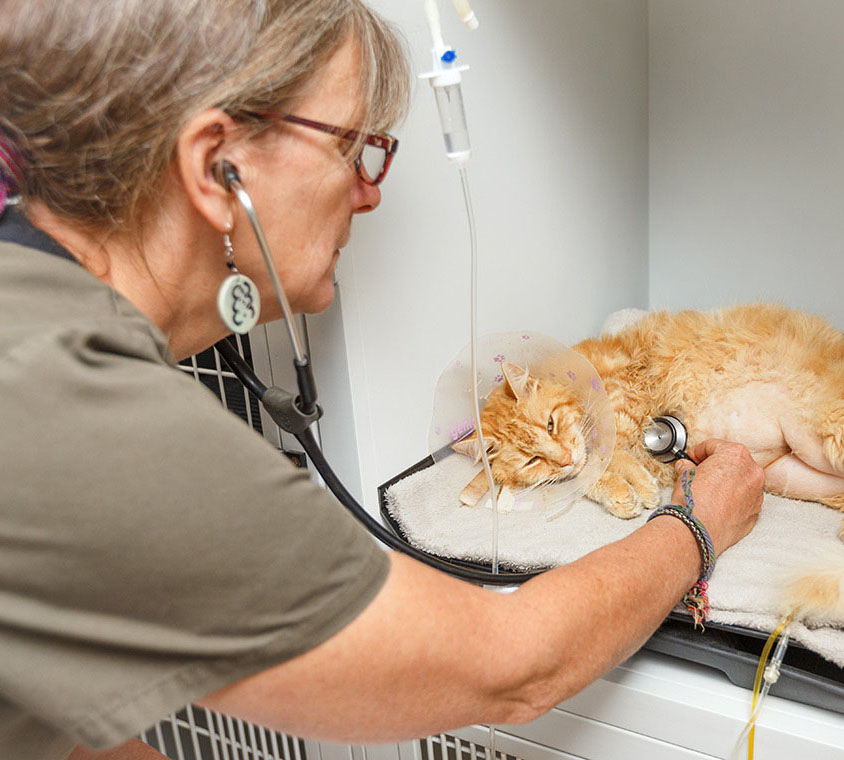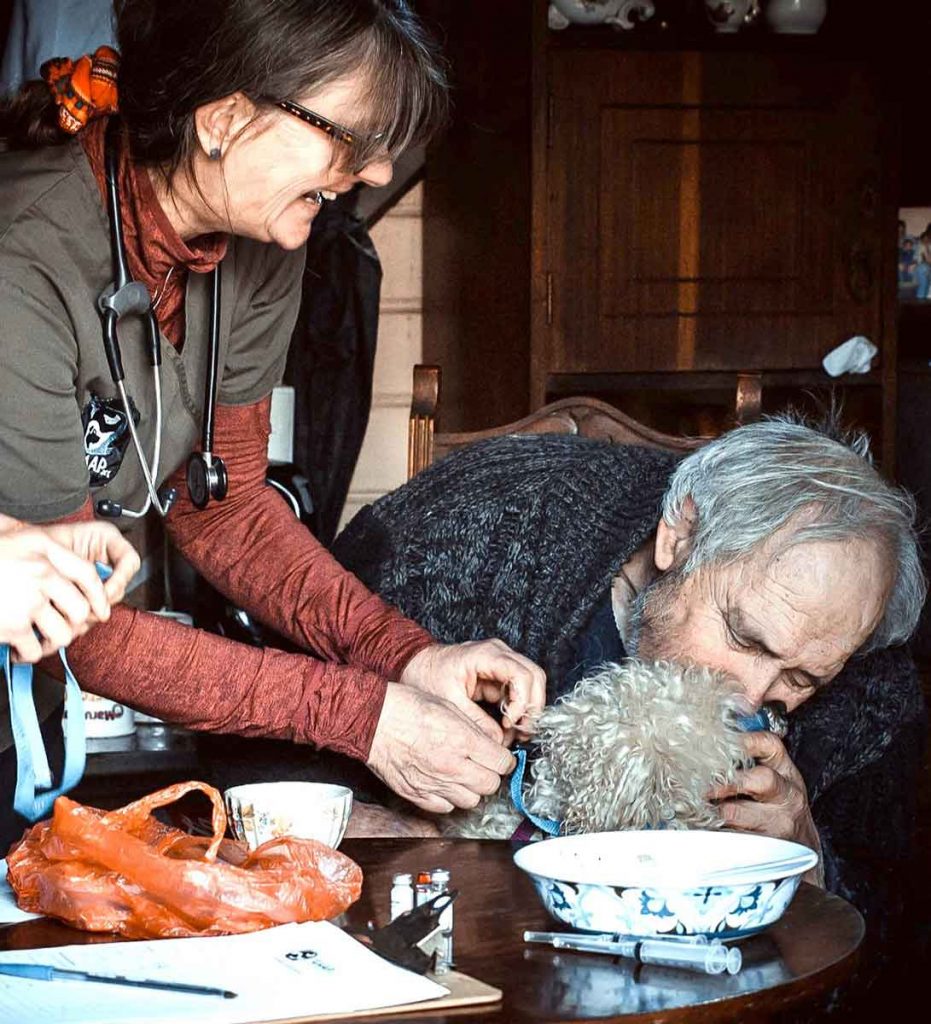Dr. Elena Garde
Graduate of Western College of Veterinary Medicine in Saskatoon, SK, Canada, 2005
What do you love most about being a vet?
There are so many things I love about being a vet, how could I just pick one? I love that I have a profession where I get to spend all my time with animals and people who love animals—what more could I ask for? On top of that, I get to use my knowledge and abilities to actually help them when they are sick, or to keep them healthy. When I admit an animal that is really sick, and through the hard work of my team, we find out what is wrong with it and save its life so it can go on to live a quality life, that brings me so much happiness. To see the look on the owners face, and the animals so happy to go back home, I am sometimes overwhelmed. The other thing that I really love about my job is that it is not all about working in a clinic. I also work with the issues facing the planet, One Health, wildlife health, research, and so much more, so it keeps me really challenged, and I love that!

What are your biggest challenges?
My biggest challenges are:
- People that don’t take their animals health and well-being seriously, and don’t follow the care instructions or prioritize their pets care. These are the animals that we see suffering needlessly.
- Seeing so many abandoned and unsupervised animals in the streets here in Chile, many with multiple diseases or old traumas or fractures that were never treated.
- Knowing that animal health and veterinary care are not taken seriously by many, and the link between human health, environmental and animal health is not universally recognized.
What are the biggest challenges you believe the vet profession is facing in your country?
The veterinary profession is not taken seriously; many times they are considered doctors that never made it in human medicine. Within the profession, this is perpetuated by having no governing body, no board exams, no limits on the number of veterinary colleges that Chile can have, no standards across vet schools and no requirement to license veterinarians. This is also reflected in the very limited access we have to pharmaceuticals and analgesic options for animals, since it is not considered a priority by the government to provide a high standard of care for pets.

How has VI helped you in your career?
VI has helped immensely in my career, mostly by allowing me to pursue this work. I am extremely motivated to work at the GAAP, both in the clinic and to push the agenda of One Health as far and wide as possible through talks, collaborations, our projects, and more. But without the support of VI, it is very probable that I would not be able to do this work, and would possibly be working in a clinic in a limited capacity.
What are you most proud of?
I am most proud of the stories that we hear from our project beneficiaries, when they talk about how their lives were changed, or how they decided to make changes in their lives regarding how they manage and care for their animals or the environment. Of course, it is important that we reach many people through our projects and therefore the numbers are important, but ultimately, it is the changes in the people and in our communities that makes the biggest impact on the health and welfare of animals and the planet.

What are you most excited about in your work with VI?
I am most excited about the two extremes of my work with VI: the work at the international level with the intent to raise awareness about the importance of animal health globally, and at the other extreme, at the local level to help people in the community where I live. At the international level, there is a very critical need to have veterinarians involved in the discourse about global health, pandemic prevention and climate change, and this makes me excited to get involved in these discussions. I am also passionate about the possibility of identifying some of the pressing unanswered questions we have, creating research projects to answer those questions and then sharing the information with the scientific community through written articles.
On the other hand, at the local level, it excites me to keep my hands involved in the day-to-day activities in the clinic and not to lose contact with our clients and the animals. It is something that is physical, active, and keeps up my skills. It also keeps me in close contact with the issues facing people today and therefore their needs, which helps me when we are designing social projects.
Where do you see the future with VI being involved?
The amazing thing about VI in my opinion is how they have evolved as an organization and become veterinary advocates for global change. I see our missions being more and more aligned as we work together toward a more harmonious planet, that respects animals and nature, and advocates for animal and environmental health as inextricable for the future of the planet and humanity.

